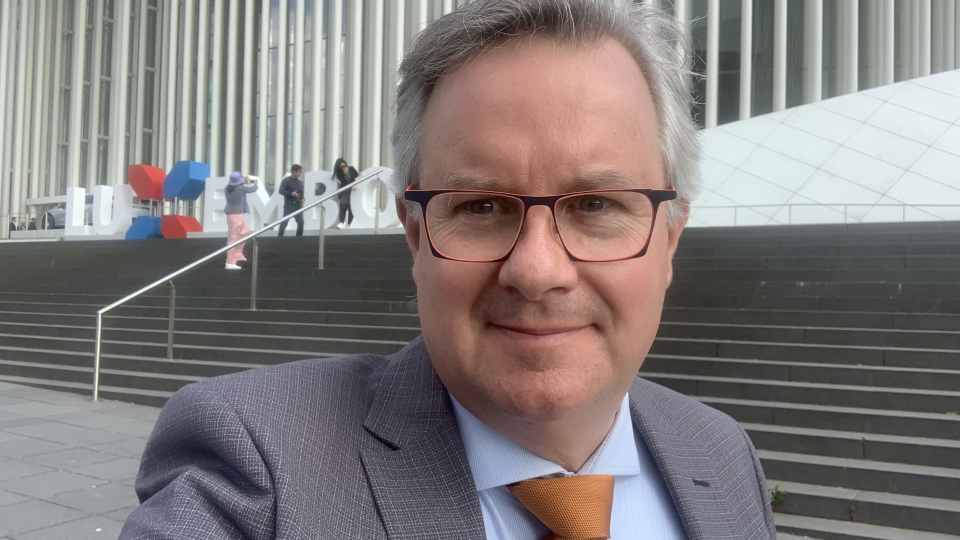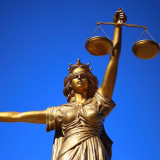
Mention "whistleblower" in Luxembourg and shivers still course through the Grand Duchy, even though nearly a decade has elapsed since the 2014 LuxLeaks scandal. The government, consultancy firms, and segments of the financial sector remain skittish when foreign journalists approach them with questions.
Whistleblowing nevertheless is unmistakably on the agenda at financial regulator CSSF. Its 2022 annual report, released end August, allocates nearly 1,500 words to the subject. Since 2014, CSSF has maintained a specialised procedure — including a dedicated email address, whistleblowing@cssf.lu — for reporting potential regulatory breaches at supervised entities in a secure and confidential manner.
"Confidentiality is vital to engender a trusting atmosphere, allowing reports to be made in good faith by whistleblowers, without fear of reprisal, notably from their employer," states the regulator's annual report. The CSSF statistics on whistleblowing offer illuminating insights.
‘Worst attack’
Former finance minister Pierre Gramegna once dubbed LuxLeaks the 'worst attack on Luxembourg since World War Two.' The saga unfolded when Antoine Deltour, an auditor at PwC, leaked 28,000 pages of documents detailing how companies sidestep taxes via Luxembourg. This leak prompted a global exposé led by the Washington-based International Consortium of Investigative Journalists. A significant international scandal ensued.
Deltour's revelations instigated a worldwide conversation on tax rulings, eventually culminating in enhanced whistleblower protections under EU Directive 2019/1937, the introduction of country-by-country reporting for multinationals, a Common Consolidated Corporate Tax Base (CCCTB) in Europe, and automatic information-sharing mechanisms.
Speaking at a journalism conference in April, Deltour advised whistleblowers to remain anonymous to avoid repercussions. Yet he himself chose visibility. "Going public gives you a voice and the fortitude to defend yourself," he said. Deltour now works for the French statistics administration and lends his support to other whistleblowers.
In Luxembourg, the parliament in May finally transposed the 2019 EU directive to bolster whistleblower protection. Financial firms are now required to establish formal reporting channels in a confidential, non-retaliatory environment. The CSSF's annual report affirms its commitment to these legal principles, which need to be implemented by Christmas.
Steady uptick
The CSSF reported a steady uptick in whistleblower reports, with 77 reports in 2022 compared to 74 in 2021 and 66 in 2020. Over a quarter originated from current or former employees, covering governance issues, conflicts of interest, and failures in risk or portfolio management, among other matters.
So, what becomes of these whistleblower reports? Statistically, not much. Only one in every 20 cases prompts the CSSF to take action, such as restoring compliance or requiring a firm to rectify a reported failure. However, these statistics should not be dismissed. In fact, one warning was made public.
These modest outcomes highlight the profound influence of whistleblowing procedures. They act as catalysts for self-regulation in the financial sector, emphasising that a robust whistleblowing system is fundamental for ensuring good governance and integrity. We owe this realization, in no small part, to brave whistleblowers such as Antoine Deltour.
Financial journalist Raymond Frenken is Editorial Manager of InvestmentOfficer.lu. He has followed international financial markets and EU financial regulation for more than two decades. In Flux is a regular column on Investment Officer Luxembourg shedding light on the Luxembourg financial ecosystem. Follow on LinkedIn




